News
-
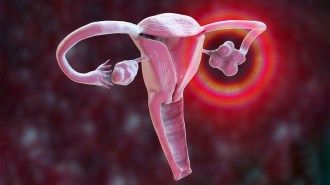 Health & Medicine
Health & MedicineA malaria drug could be used to treat PCOS, a common hormone disorder
Artemisinin is known to be effective against malaria, lupus, cancer and now possibly polycystic ovarian syndrome.
-
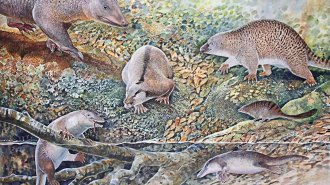 Paleontology
Paleontology‘Echidnapus’ hints at a lost age of egg-laying mammals
The fossil discoveries double the number of known monotreme species during the Cretaceous Period.
-
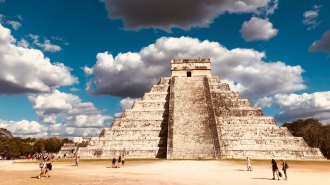 Anthropology
AnthropologyChild sacrifices at famed Maya site were all boys, many closely related
DNA analysis shows victims in one underground chamber at Chichén Itzá included twins, perhaps representing mythological figures.
By Bruce Bower -
 Health & Medicine
Health & MedicineLong COVID finally gets a universal definition
If broadly adopted, this inclusive description of long COVID will help legitimize the ongoing struggles millions of people are facing post-infection.
-
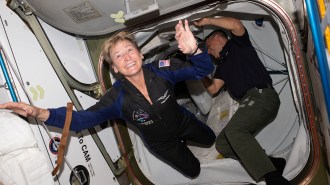 Space
SpaceHuman spaceflight’s new era is fraught with medical and ethical questions
A new project called the Space Omics and Medical Atlas aims to study and document astronaut health as commercial spaceflight starts to take off.
By Adam Mann -
 Health & Medicine
Health & MedicineGen X has higher cancer rates than their baby boomer parents
An unexplained uptick in cancer diagnoses among Gen Xers might be bad news for millennials and Gen Z.
-
 Health & Medicine
Health & MedicineCan humans get chronic wasting disease from deer?
Tests on brain organoids suggest the disease-causing prions face a tough barrier to infect people, but ruling out transmission is a difficult task.
-
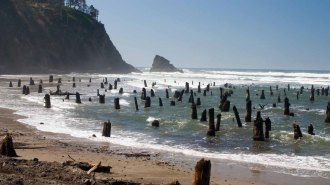 Earth
EarthGeoscientists found the most dangerous part of a famous West Coast fault
Seismic data reveal that the Cascadia megathrust consists of at least four segments, the most dangerous of which may lurk offshore of Washington.
By Nikk Ogasa -
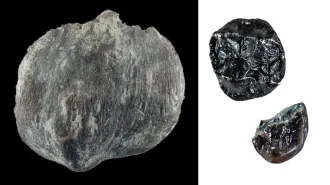 Anthropology
AnthropologyFossil finds amplify Europe’s status as a hotbed of great ape evolution
A kneecap and two teeth belonged to the smallest known great ape, a study contends. If so, it’s the first to coexist with another great ape in Europe.
By Bruce Bower -
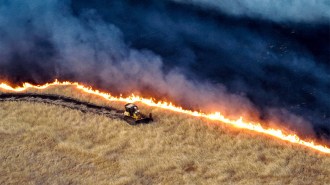 Health & Medicine
Health & MedicineWildfire smoke may cause tens of thousands of premature deaths
A modeling study of California wildfires from 2008 through 2018 estimates that smoke exposure was responsible for as many as 55,700 premature deaths.
-
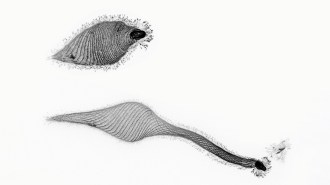 Life
LifeThis protist unfolds its ‘neck’ up to 30 times its body length to scout prey
With geometry’s help, 'Lacrymaria olor' can extend its long, necklike protrusion in less than 30 seconds.
-
 Genetics
GeneticsHorses may have been domesticated twice. Only one attempt stuck
Genetic evidence suggests that the ancestors of domestic horses were bred for mobility about 4,200 years ago.